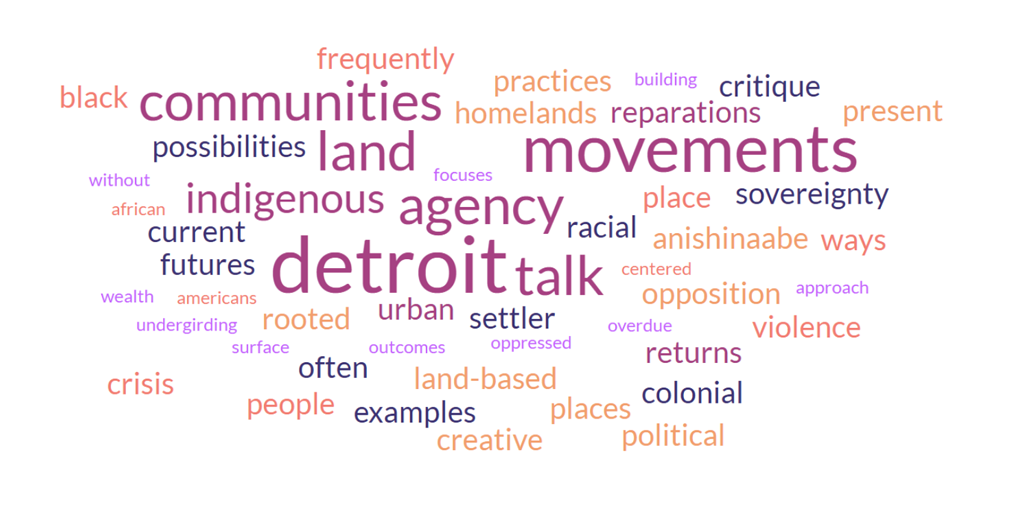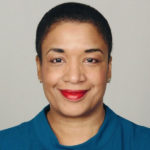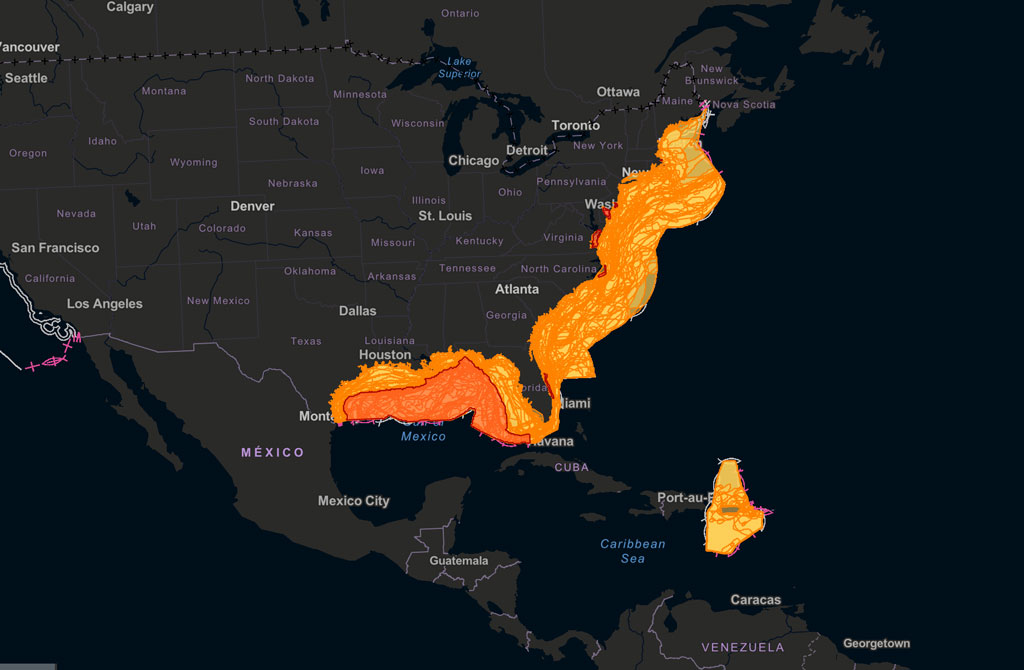JEDI Is More than an Acronym

By Jenna Loyd, JEDI Committee Chair

Justice. Equity. Diversity. Inclusion. These words animate the work of the AAG committee going under the acronym JEDI. These words represent values that are enshrined in AAG’s Statement of Professional Ethics, whose second paragraph reads:
Our discipline of geography is stronger when we uphold equity, human rights, and educational freedom across the breadth of geographic inquiry. We appreciate the diversity of our members’ experiences and backgrounds, as well as the broad variety of ideas and approaches to geographic knowledge production.
When I joined the JEDI Committee in 2023, DEI already had assumed a prominent place in the campus culture wars along with the distortion of critical race theory (CRT). Since then, these acronyms have been unmoored from the meanings found in the scholarly history of critical race theory and social movement histories of the struggles against racial, gender, and disability discrimination. DEI and CRT came to mean reverse discrimination and indoctrination, arguments that situated its proponents on the right side of history and validated their efforts to dismantle it. Since 2023, 19 anti-DEI bills have become law across seven states, according to the Chronicle of Higher Education; another 75 have failed or been tabled. Related pieces of legislation have passed restricting what can be taught in classrooms.
These efforts became an opening salvo in the even broader attacks on higher education and research we are living through right now. Some universities, academic associations, and research nonprofits have scrubbed their websites of DEI. The AAG has not, nor does it intend to do so. In February, the JEDI Committee reiterated its commitments to its principles and reaffirmed the AAG’s 2023 statements of support of educational freedom, critical geography and the well-being of LGBT2QIA+ people, and Black, Indigenous, and People of Color (BIPOC).
We are not backing down because JEDI is more than an acronym. When I was first learning this committee’s history, Meghan Cope explained to me that justice was an important principle informing its initiatives. Justice has more than one meaning for our discipline, a concept that often provides a way of linking issues together, from racial justice to economic justice, environmental justice, disability justice, climate justice, and more. To me, it informs why equity would be a value and suggests that inclusion itself should be just. In the introduction to their new edited collection, How to Foster Diversity, Equity, Inclusion, and Justice in Geography, Guo Chen and LaToya Eaves recount how decades of collective efforts to broaden the scope and societal relevance of geographic inquiry have gone hand in hand with criticisms of the discipline’s systematic forms of exclusion. For Chen and Eaves, our embrace of justice, equity, diversity, and inclusion as interconnected values serves to “enrich the theories and practices that help more and more geographers feel at home and foster passion and inquiry in creating a vibrant world discipline for current and future generations of geographers” (2024, 3-4).
More than an acronym, [TLC-GRAM is] a mnemonic reminding us that care and relationships should guide transformative work in the AAG, departments, and specialty groups.
For just inclusion of groups of people who’ve been neglected or excluded from the discipline, we need to actively change the structure of our collective work as geographers. And this takes cultivating a culture of care. Over the first two years of the JEDI Committee’s existence, the committee worked with over 50 members in seven working groups to synthesize 32 points of its strategic plan into a useable framework for change shorthanded as TLC-GRAM. Like the idea that justice is indivisible, each of the elements of Training, Listening, Communications, Governance, Reports, Advocacy, and Membership are interconnected. More than an acronym, it’s a mnemonic reminding us that care and relationships should guide transformative work in the AAG, departments, and specialty groups. AAG’s Chief Strategy Officer, Risha RaQuelle, has provided invaluable leadership for this work. She launched the beta version of the toolkit at the 2024 GFDA meeting; you can read her overview of the TLC-GRAM here and discussion of how care can inform research here. At a session last month in Detroit, leadership of the Energy and Environment Specialty Group walked through how they had put the toolkit to work in their specialty group and the Committee will be finalizing materials for its use this academic year.
I think part of why JEDI work continues undiminished in the AAG is because of the decades of cultivating principles of justice as interconnected. Another reason is the longstanding engagement with care ethics, articulated by AAG President Victoria Lawson in 2005. Geography as a discipline and AAG as an association are filled with members, staff, and leadership who want our profession and field of inquiry to hold true to justice and care, even as we debate and expand what these terms mean. We know that we are responsible for making this space as a collective effort. What we do will continue to be debated and will continue to evolve. And we do this because we think the space we make to do critical work with each other is worth defending.
The AAG Culture of Care column is an outreach initiative by the AAG JEDI Committee. Don’t forget to sign up for JEDI Office Hours. The current theme of Office Hours is An Ethos of Care in the Research Enterprise.








 Geography in the News is an educational series offered by the American Association of Geographers for teachers and students in all subjects. We include vocabulary, discussion, and assignment ideas at the end of each article.
Geography in the News is an educational series offered by the American Association of Geographers for teachers and students in all subjects. We include vocabulary, discussion, and assignment ideas at the end of each article. 